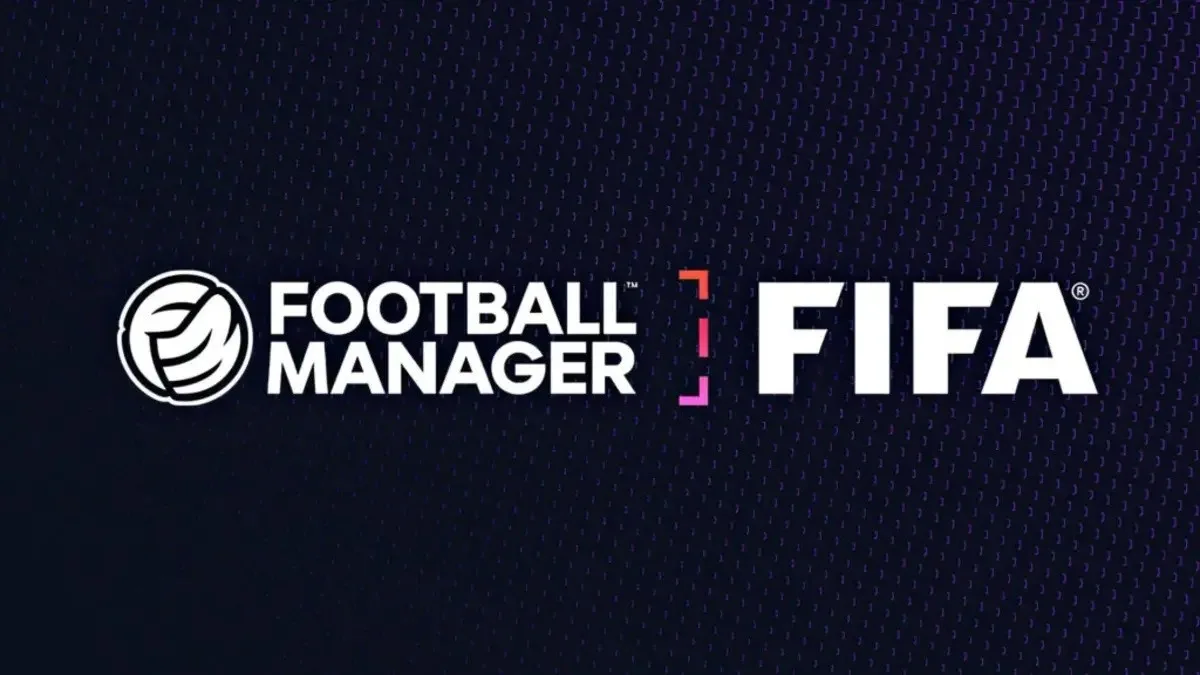
The football gaming landscape has just shifted in a way few could have predicted. Sports Interactive’s Football Manager series, long celebrated for its tactical depth and obsessive realism, has signed a landmark deal with FIFA to incorporate official World Cup competitions into future editions. For fans of football simulations, this is more than just a licensing update—it’s a symbolic passing of the torch in a space once dominated by EA Sports’ FIFA franchise.
The News: Football Manager Meets FIFA
According to the announcement, Football Manager will now feature official FIFA World Cup tournaments, complete with authentic branding, structure, and prestige. This partnership marks the first time the series has been able to integrate the world’s most iconic football competition under official license.
For years, Football Manager has thrived without flashy licenses, relying instead on its unmatched database, tactical realism, and cult following. Now, with FIFA’s backing, the series gains a layer of authenticity that could expand its reach beyond its traditional hardcore fanbase.
But to understand why this deal matters, we need to look back at the histories of both Football Manager and FIFA (EA Sports)—two titans of football gaming that have shaped the digital pitch in very different ways.
📖 The Backstory of Football Manager
- Origins (1982–1990s): The name Football Manager actually dates back to the early 1980s, when Kevin Toms released the original management sim on the ZX Spectrum. It was a text-heavy, strategy-driven experience that laid the foundation for decades of football management games.
- The Championship Manager Era (1992–2004): Sports Interactive, founded by the Collyer brothers, created Championship Manager, which quickly became the definitive football management sim of the 1990s and early 2000s. Its deep statistical modeling and addictive “just one more match” gameplay earned it a cult following.
- The Split and Rebirth (2004): In 2004, Sports Interactive split from publisher Eidos. Eidos retained the Championship Manager name, but Sports Interactive kept the database and game engine. Partnering with SEGA, they rebranded the series as Football Manager. From that point on, Football Manager became the undisputed leader in the genre.
- Modern Era: Today, Football Manager is renowned for its incredible scouting database, used by real-world clubs for talent identification. It’s less about arcade thrills and more about the grind of tactics, transfers, and long-term strategy.
🎮 The Backstory of FIFA (EA Sports)
- The Birth of FIFA (1993): EA Sports launched FIFA International Soccer in 1993. It was the first football game to secure an official license from FIFA, giving it a huge edge over competitors.
- The Rise of the Franchise (1990s–2000s): With annual releases, EA’s FIFA series became a global juggernaut. Its combination of licenses, presentation, and accessibility made it the go-to football game for millions.
- The Ultimate Team Revolution (2009): The introduction of FIFA Ultimate Team (FUT) transformed the franchise into a cultural and financial powerhouse. FUT’s card-collecting, microtransaction-driven model generated billions in revenue and reshaped how sports games were monetized.
- The Breakup with FIFA (2022): After nearly 30 years, EA and FIFA ended their partnership. EA rebranded its series as EA Sports FC, while FIFA announced it would seek new partners to keep its name in gaming. This split created a vacuum—and an opportunity.
Why This Deal Matters
The FIFA license has always been about prestige. For decades, it was synonymous with EA’s blockbuster franchise. But now, with Football Manager carrying the FIFA World Cup banner, the symbolic weight has shifted:
- Authenticity Meets Depth: Football Manager already had realism in spades. Adding the official World Cup brings the glamour and global recognition that even casual fans understand.
- A New Home for FIFA Branding: With EA Sports FC moving forward without FIFA, this partnership ensures the FIFA name remains relevant in gaming—but in a very different form.
- Changing the Football Gaming Landscape: Instead of flashy arcade-style gameplay, FIFA’s brand is now tied to the cerebral, strategy-driven world of management sims. That’s a fascinating pivot.
This deal signals a new chapter. EA Sports FC will continue to dominate the mainstream, action-oriented football gaming space. But Football Manager, now carrying the FIFA World Cup license, has the chance to expand its influence and attract new players who want both authenticity and depth.
It also raises intriguing questions: Could FIFA eventually license out more competitions to other developers? Will Football Manager evolve to balance its hardcore simulation roots with broader appeal?
One thing is certain: the digital football pitch has never been more diverse, and fans now have more ways than ever to experience the world’s game.
The partnership between Football Manager and FIFA is more than just a licensing deal—it’s a cultural shift. For the first time, the world’s most prestigious football competition will live inside the world’s most detailed football simulation. And that’s a win for fans who crave both authenticity and depth.

